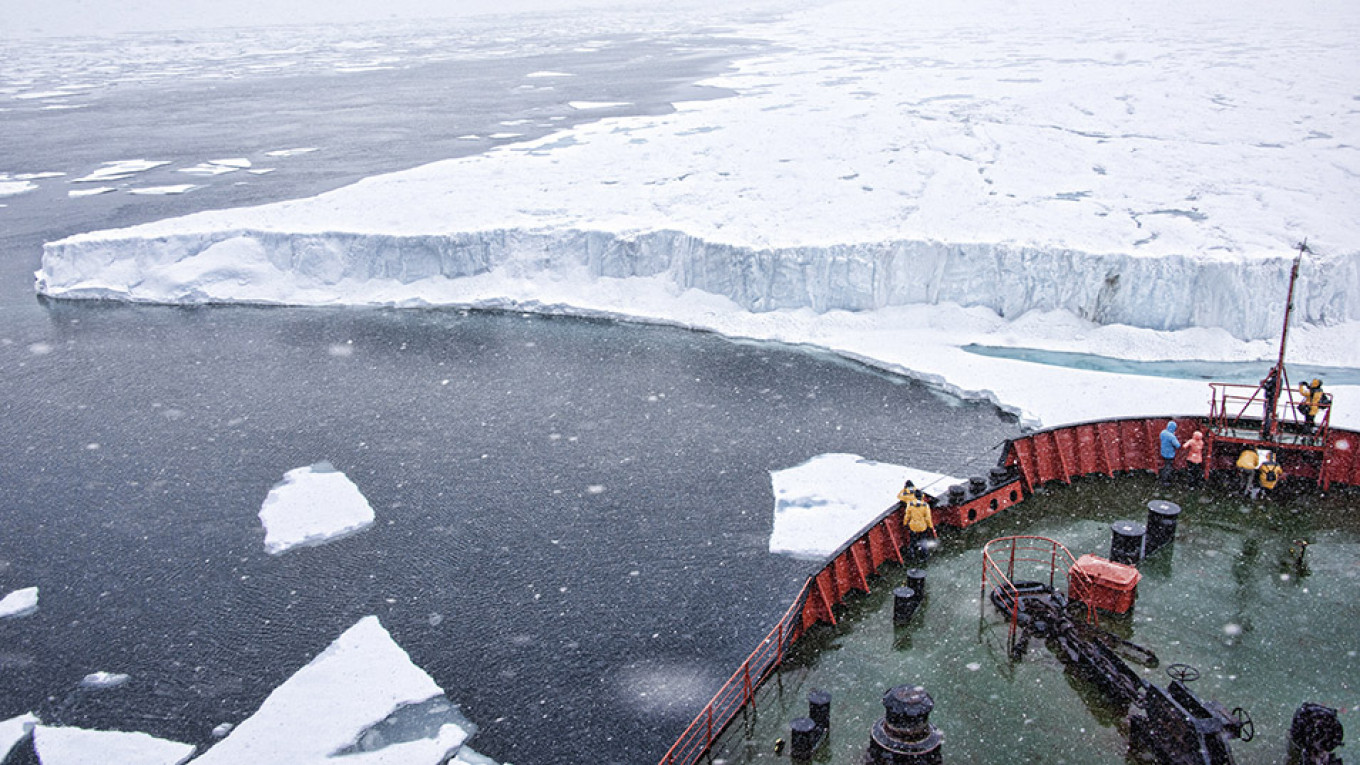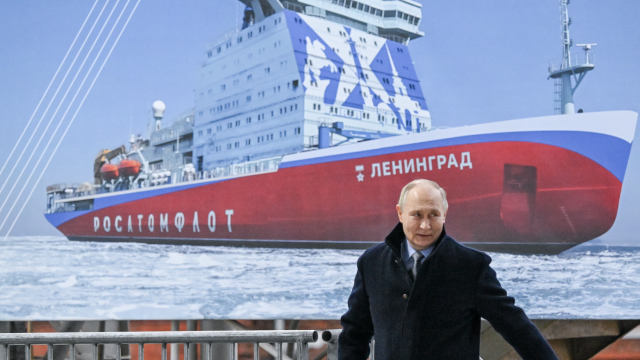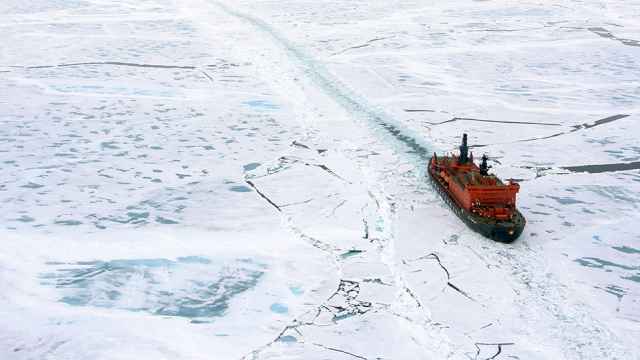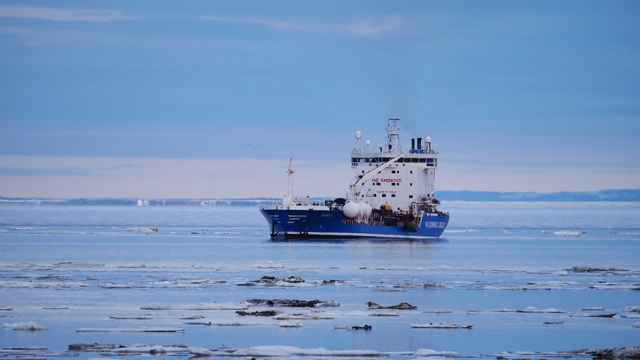President Vladimir Putin wants to connect ports on Russia's Arctic coast with ports on the Indian Ocean, he said at the Valdai Discussion Club conference.
Asia and the Middle East were in the spotlight during the conference, which Putin has attended since its establishment in 2004. Infrastructure development was a key part of this year's talks which took place last week.
"Together, we must think about how to speed up the formation of a Eurasian transport network, a true grid of latitudinal and longitudinal routes," Putin said in his speech. He also underlined that the Arctic must be part of these plans.
"One more prospective route is between the Arctic, Siberia and Asia," he said, adding that the missing link in the picture is a railway line to Sabetta, the new Arctic seaport on the northern coast of the Yamal peninsula.
"The idea is to connect the ports on the Northern Sea Route with the ports of the Pacific and Indian Oceans by means of transport arterials through Eastern Siberia, the center of Eurasia," the president said.
The conference was attended by Azerbaijani President Ilham Aliyev, King of Jordan Abdullah II, Kazakh President Kassym-Jomart Tokayev and Philippine leader Rodrigo Duterte.
"In order to implement this idea, we intend to speed up the construction of railway lines to the Sabetta port," Putin said.
The connection is part of the major Northern Latitudinal Passage project and is aimed to increase shipments across Russian Arctic waters.
A 170-kilometer railway line to Sabetta is supposed to connect with an existing line to Bovanenkovo, the natural gas hub in the region. The Northern Latitudinal Passage also includes the construction of a 17-kilometer bridge across the Ob River between Salekhard and Labytnangi, and a railway line to Novy Urengoy in Western Siberia.
More than 700 kilometers of new railway must be built to complete the project.
The lion’s share of the new infrastructure will have to be built on the permafrost in harsh Arctic conditions.
Earlier, several government ministries said that the Northern Latitudinal Passage will be completed in 2024 and that by 2025 the goods volumes on the new railway will ultimately boost shipments on the Northern Sea Route by up to eight million tons.
Needed investments are estimated to more than 230 billion rubles ($3.5 billion). A major share of it will be covered by private companies.
A Message from The Moscow Times:
Dear readers,
We are facing unprecedented challenges. Russia's Prosecutor General's Office has designated The Moscow Times as an "undesirable" organization, criminalizing our work and putting our staff at risk of prosecution. This follows our earlier unjust labeling as a "foreign agent."
These actions are direct attempts to silence independent journalism in Russia. The authorities claim our work "discredits the decisions of the Russian leadership." We see things differently: we strive to provide accurate, unbiased reporting on Russia.
We, the journalists of The Moscow Times, refuse to be silenced. But to continue our work, we need your help.
Your support, no matter how small, makes a world of difference. If you can, please support us monthly starting from just $2. It's quick to set up, and every contribution makes a significant impact.
By supporting The Moscow Times, you're defending open, independent journalism in the face of repression. Thank you for standing with us.
Remind me later.







